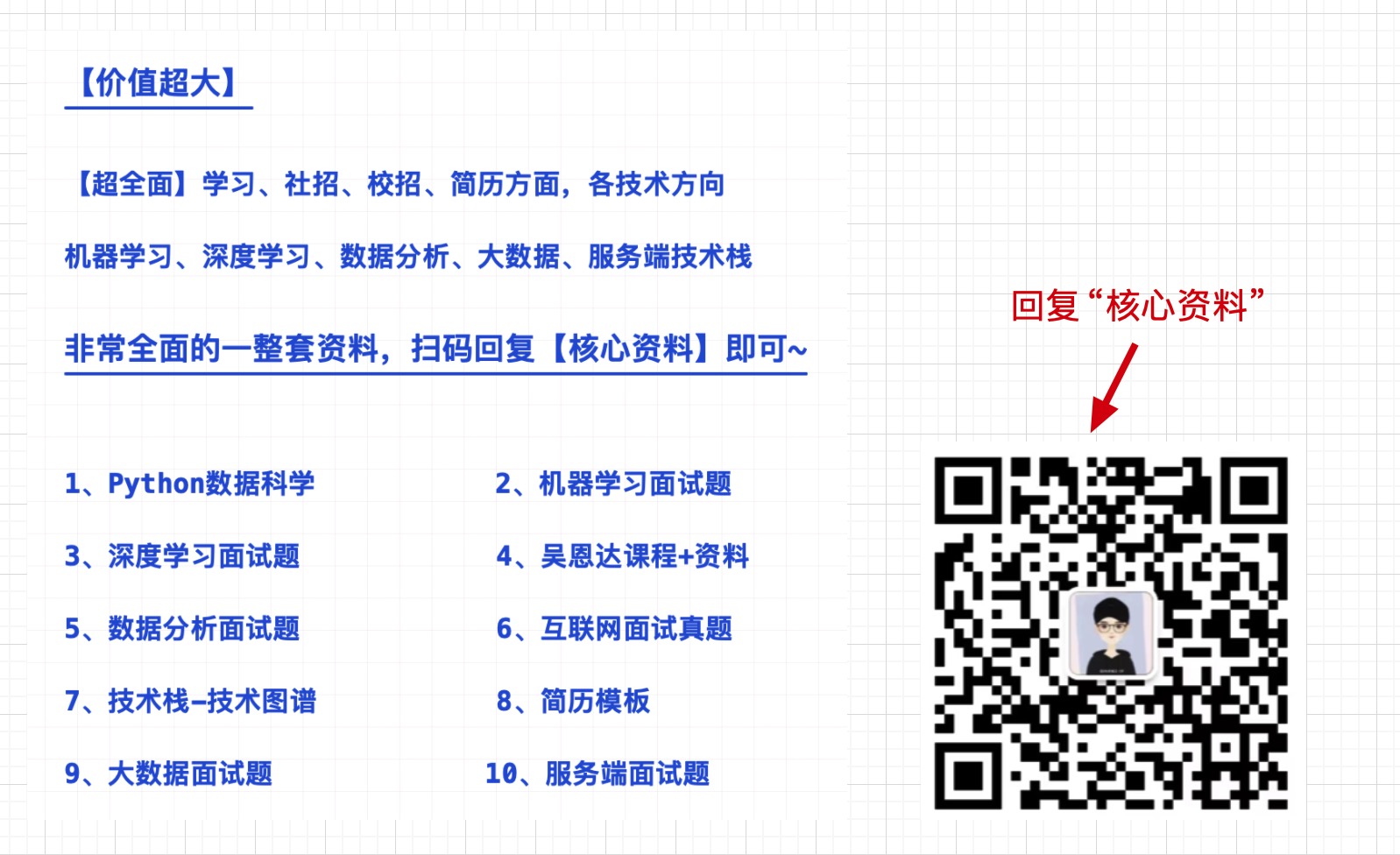String
- 1.String是final类,不可被继承
- 2.内部是value[]的数组
private final char value[];
- 3.不可变字符串
String s1 = "abc"; //字面量方式,"abc"被放到了常量池中
String s2 = "abc"; //这里s1 和 s2指向同一个地址
//这里想要修改s1,但是不能修改s1,实际它是ccc被放到另外一个地址,
//这里把ccc的地址赋给了s1, s2还是指向abc的地址
s1 = "ccc";
s3 = s1 + "def"; //结果abcdef;这里把abcdef的地址赋值给了s3,s1还是指向abc的地址
测试
String s1="hello";
String s2="world";
String s3="hello"+"world";
String s4=s1+"world";
String s5=s1+s2;
String s6=(s1+s2). intern();
System.out.print1n(s3==s4);//false
System.out.printin(s3==s5);//false
System.out.print1n(s4==s5);//false
System.out.print1n(s3==s6);//true
/**结论
1. 常量与常量的拼接结果在常量池。且常量池中不会存在相同内容的常量。
2. 只要其中有一个是变量,结果就在堆中
3. 如果拼接的结果调用intern()方法,返回值就在常量池中
*/
StringBuffer
- 可变字符序列,线程安全,效率低,底层使用char[] 存储
源码刨析:和(StringBuilder类似)
// StringBuffer类是final,不可被继承,且继承了AbstractStringBuilder类
public final class StringBuffer
extends AbstractStringBuilder
implements java.io.Serializable, CharSequence
//该类是AbstractStringBuilder抽象的
abstract class AbstractStringBuilder implements Appendable, CharSequence{
char[] value; //string底层是数组,且非final的,表示可变string
int count; //count记录数组里面有几个真实的元素
}
//以此为例
new StringBuffer("abc");
public StringBuffer(String str) {
super(str.length() + 16); //①,调用父类(AbstractStringBuilder)的构造器
append(str); //②,把str="abc"添加到value数组中
}
//①
AbstractStringBuilder(int capacity) {
value = new char[capacity]; //底层是数组,创建了capacity = 19的数组
}
//②
@Override
public synchronized StringBuffer append(String str) {
toStringCache = null;
super.append(str); //③,调用父类的append方法
return this; //返回当前对象
}
//③
public AbstractStringBuilder append(String str) {
if (str == null)
return appendNull(); //④ 把"null"加入value数组中
int len = str.length();
ensureCapacityInternal(count + len);//⑤扩容检查,count = 0,len = 3
str.getChars(0, len, value, count);//⑦ 把str加入到vlaue[]中
count += len;
return this;
}
//④
private AbstractStringBuilder appendNull() {
int c = count;
ensureCapacityInternal(c + 4); //检查数组长度是否够用
final char[] value = this.value; //定义final变量,表示该数组 引用 不可修改
value[c++] = 'n';
value[c++] = 'u';
value[c++] = 'l';
value[c++] = 'l';
count = c;
return this;
}
//⑤
private void ensureCapacityInternal(int minimumCapacity) {
// overflow-conscious code,容量不够则扩容
if (minimumCapacity - value.length > 0) { //3-19,
value = Arrays.copyOf(value,
newCapacity(minimumCapacity)); //⑥
}
}
//⑥
private int newCapacity(int minCapacity) {
// overflow-conscious code,value的长度*2+2;
int newCapacity = (value.length << 1) + 2;
if (newCapacity - minCapacity < 0) {
newCapacity = minCapacity;
}
return (newCapacity value.length) {
throw new StringIndexOutOfBoundsException(srcEnd);
}
if (srcBegin > srcEnd) {
throw new StringIndexOutOfBoundsException(srcEnd - srcBegin);
}
System.arraycopy(value, srcBegin, dst, dstBegin, srcEnd - srcBegin); //添加字符串到value数组中
}
StringBuffer中定义了这样一个变量
//StringBuffer中定义了这样一个变量
private transient char[] toStringCache;
/**
看toString()方法
*/
@Override
public synchronized String toString() {
if (toStringCache == null) {
toStringCache = Arrays.copyOfRange(value, 0, count);
}
return new String(toStringCache, true);
}
//StringBuilder的toString()
@Override
public String toString() {
// Create a copy, don't share the array
return new String(value, 0, count);
}
StringBuilder
- 可变字符序列,线程不安全,效率高,底层使用char[] 存储
三者效率问题(从高到低): StringBuilder > StringBuffer > String
Comparable,Comparator
- String,包装类等重写了compareTo()方法,默认按照从小到大排序
- Comparable:自然排序,位于java-lang包下
- Comparator:定制排序,位于java-util包下
//example 1: String实现了Comparable接口.并且重写了compareTo()方法
String[] strings = new String[]{"d","a","c","b"};
Arrays.sort(strings);
System.out.println(Arrays.toString(strings)); //result:[a, b, c, d]
//example 2: 自定义类让其继承Comparable接口
/**
结果:
[ Goods{name='dell', price=15},
Goods{name='apache', price=25},
Goods{name='xiaomi', price=25},
Goods{name='huawei', price=35},
Goods{name='lenovo', price=55}
]
/
public class CompareTest {
public static void main(String[] args) {
Goods[] goods = new Goods[5];
goods[0] = new Goods("xiaomi",25);
goods[1] = new Goods("dell",15);
goods[2] = new Goods("lenovo",55);
goods[3] = new Goods("huawei",35);
goods[4] = new Goods("apache",25);
Arrays.sort(goods);
System.out.println(Arrays.toString(goods));
}
}
class Goods implements Comparable{
private String name;
private int price;
public Goods() {
}
public Goods(String name, int price) {
this.name = name;
this.price = price;
}
public String getName() {
return name;
}
public void setName(String name) {
this.name = name;
}
public int getPrice() {
return price;
}
public void setPrice(int price) {
this.price = price;
}
@Override
public String toString() {
return "Goods{" +
"name='" + name + '\'' +
", price=" + price +
'}';
}
/**
* 先按照价格从小到大排序,再按照名称从小到大排序
* */
@Override
public int compareTo(Goods o) {
if (this.getPrice() != o.getPrice())
return Double.compare(this.getPrice(),o.getPrice()); //double的包装类 的排序
else
return getName().compareTo(o.getName()); //String的排序
}
}
//也可以用Comparator接口
public static void main(String[] args) {
Goods[] goods = new Goods[5];
goods[0] = new Goods("xiaomi",25);
goods[1] = new Goods("dell",15);
goods[2] = new Goods("lenovo",55);
goods[3] = new Goods("huawei",35);
goods[4] = new Goods("xiaomi",15);
//Arrays.sort(goods);
Arrays.sort(goods, new Comparator() {
@Override
public int compare(Goods o1, Goods o2) {
//先按照名称从小到大排序,再按照价格升序
if (o1.getName().equals(o2.getName()))
return Double.compare(o1.getPrice(),o2.getPrice());
return o1.getName().compareTo(o2.getName());
}
});
System.out.println(Arrays.toString(goods));
}
/**
结果:
[ Goods{name='dell', price=15},
Goods{name='huawei', price=35},
Goods{name='lenovo', price=55},
Goods{name='xiaomi', price=25},
Goods{name='xiaomi', price=15}
]
*/
Original: https://www.cnblogs.com/huyuqing/p/14322240.html
Author: 先生胡
Title: String-StringBuffer-StringBuilder,Comparable-comparator
原创文章受到原创版权保护。转载请注明出处:https://www.johngo689.com/567211/
转载文章受原作者版权保护。转载请注明原作者出处!

